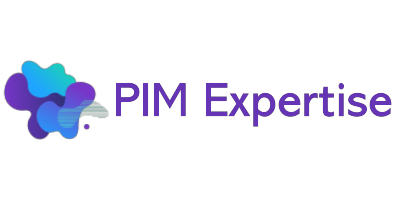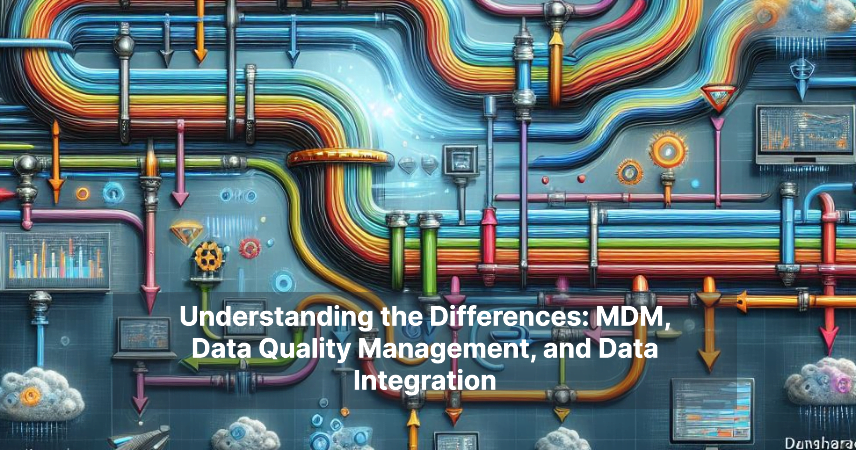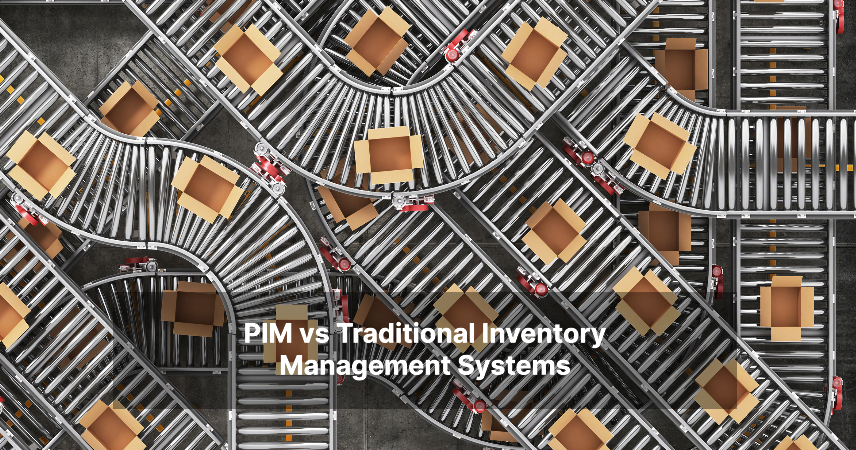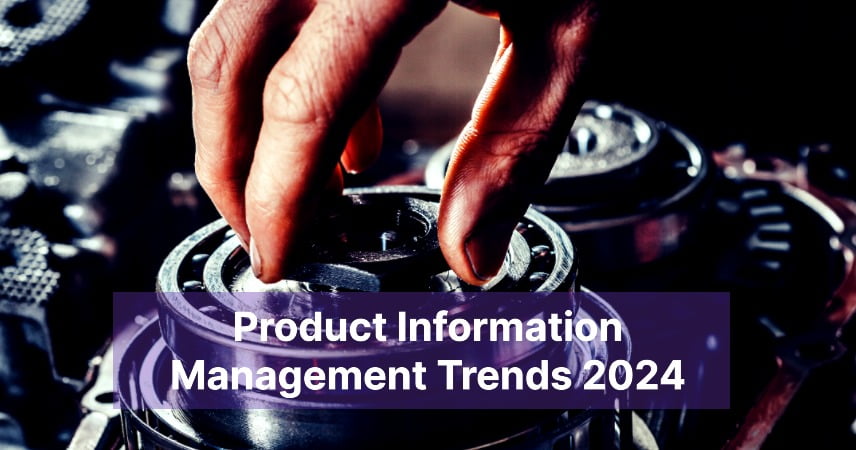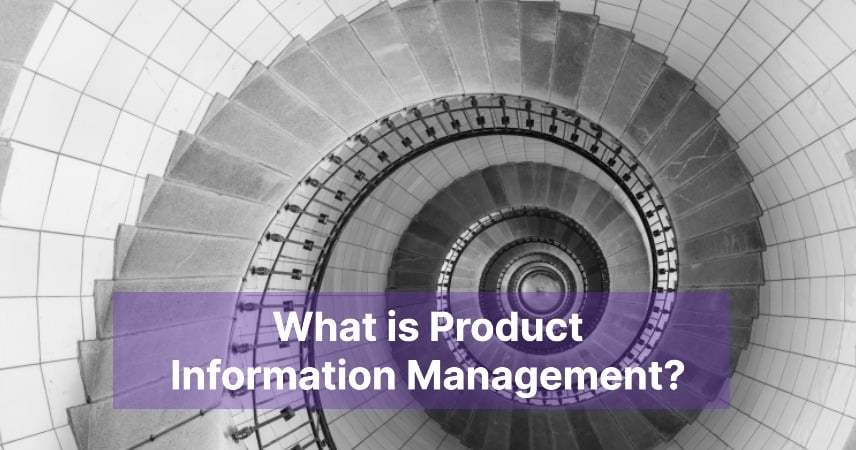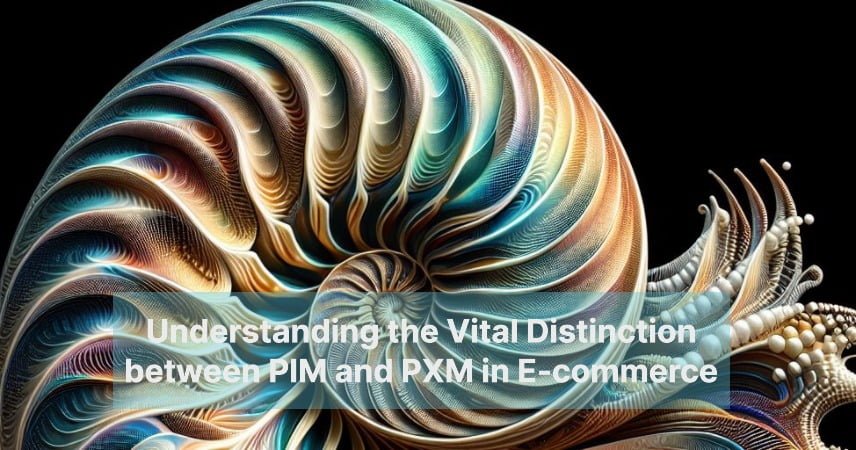
In the fast-paced world of online commerce, effective management of product data is not just a necessity but a competitive advantage. This is where Product Information Management (PIM) and Master Data Management (MDM) come into play. But what exactly do these terms mean, and how do they impact the eCommerce sphere? Let’s take a closer look.
Introduction
In the digital marketplace, where consumer preferences evolve rapidly, delivering accurate and compelling product information is paramount for success. This is where Product Information Management (PIM) and Master Data Management (MDM) play a crucial role. Let’s delve deeper into these concepts and understand their significance in the eCommerce ecosystem.
Understanding Product Information Management (PIM)
Product Information Management (PIM) serves as a centralized hub for organizing, enriching, and distributing product-related data. Imagine it as a meticulously organized library where each book represents a product, and every detail from titles to descriptions is cataloged for easy retrieval. PIM ensures that consistent and up-to-date product information is available across various sales channels, including websites, mobile apps, and marketplaces.
Deciphering Master Data Management (MDM)
Master Data Management (MDM) takes a broader approach by managing core business entities, such as customers, suppliers, and products, in a unified manner. It aims to establish a single source of truth for critical data, eliminating duplicates and discrepancies that may arise from siloed systems. In essence, MDM ensures that everyone within the organization is working with accurate and consistent data, fostering better decision-making and operational efficiency.
Key Differences
While both PIM and MDM deal with data management, they have distinct focuses and objectives. PIM primarily revolves around enriching and disseminating product data to enhance the customer experience and drive sales. On the other hand, MDM encompasses a wider range of data domains and is geared towards ensuring consistency and accuracy across all facets of the business, not just products.
Importance in eCommerce
In today’s hyper-competitive eCommerce landscape, where consumers have endless options at their fingertips, delivering a seamless shopping experience is non-negotiable. PIM and MDM play a pivotal role in achieving this goal by enabling businesses to present accurate product information, personalized recommendations, and ensure smooth transactions across all touchpoints. By harnessing the power of PIM and MDM, retailers can differentiate themselves from the competition and build long-lasting relationships with their customers.
Implementation Challenges
Despite the clear benefits they offer, implementing PIM and MDM solutions can be a daunting task for many organizations. From data integration complexities to resistance from stakeholders, various challenges need to be addressed. Additionally, ensuring data quality and compliance with regulations adds another layer of complexity to the implementation process. However, with proper planning, investment, and support from leadership, these challenges can be overcome, and the rewards of effective data management can be reaped.
Benefits of PIM
Product Information Management (PIM) offers a plethora of benefits for eCommerce businesses, including:
- Centralized Data Repository: All product information is stored in a single location, making it easy to manage and update.
- Consistency Across Channels: Ensures that product information is consistent across all sales channels, improving brand perception and customer trust.
- Efficiency and Productivity: Streamlines workflows and reduces manual effort involved in managing product data, allowing teams to focus on more strategic tasks.
- Enhanced Customer Experience: Provides customers with accurate and detailed product information, leading to higher satisfaction and conversion rates.
Benefits of MDM
Master Data Management (MDM) provides several advantages that extend beyond product management, including:
- Data Quality Improvement: Ensures that core business data, such as customer and supplier information, is accurate, complete, and up-to-date.
- Reduced Risk and Compliance: Helps organizations comply with regulations and mitigate risks associated with data inaccuracies or inconsistencies.
- Improved Decision-Making: Provides a holistic view of business entities, enabling better-informed decision-making and strategic planning.
- Operational Efficiency: Reduces duplication of effort and enhances collaboration across departments by providing a single source of truth for critical data.
Integration Strategies
To maximize the benefits of PIM and MDM, organizations need to develop robust integration strategies that seamlessly connect these systems with other business applications and processes. This may involve leveraging APIs (Application Programming Interfaces) for data exchange, implementing data governance frameworks to maintain data integrity, and fostering a culture of collaboration and communication across teams. By breaking down silos and integrating disparate systems, businesses can unlock the full potential of their data and drive innovation and growth.
Future Trends
As technology continues to evolve, the future of PIM and MDM is filled with exciting possibilities. From the adoption of AI (Artificial Intelligence) and machine learning for data enrichment and classification to the exploration of blockchain technology for enhanced data security and transparency, numerous innovations on the horizon promise to reshape the landscape of data management. By staying agile and embracing emerging technologies, businesses can stay ahead of the curve and unlock new opportunities for growth and differentiation.
Conclusion
In conclusion, Product Information Management (PIM) and Master Data Management (MDM) are indispensable tools for e-commerce businesses looking to thrive in today’s competitive landscape. By effectively managing product data and core business entities, organizations can deliver exceptional customer experiences, drive operational efficiency, and lay the foundation for sustainable growth and success. As the eCommerce industry continues to evolve, investing in PIM and MDM capabilities will become increasingly essential for staying ahead of the competition and meeting the ever-changing demands of consumers.
